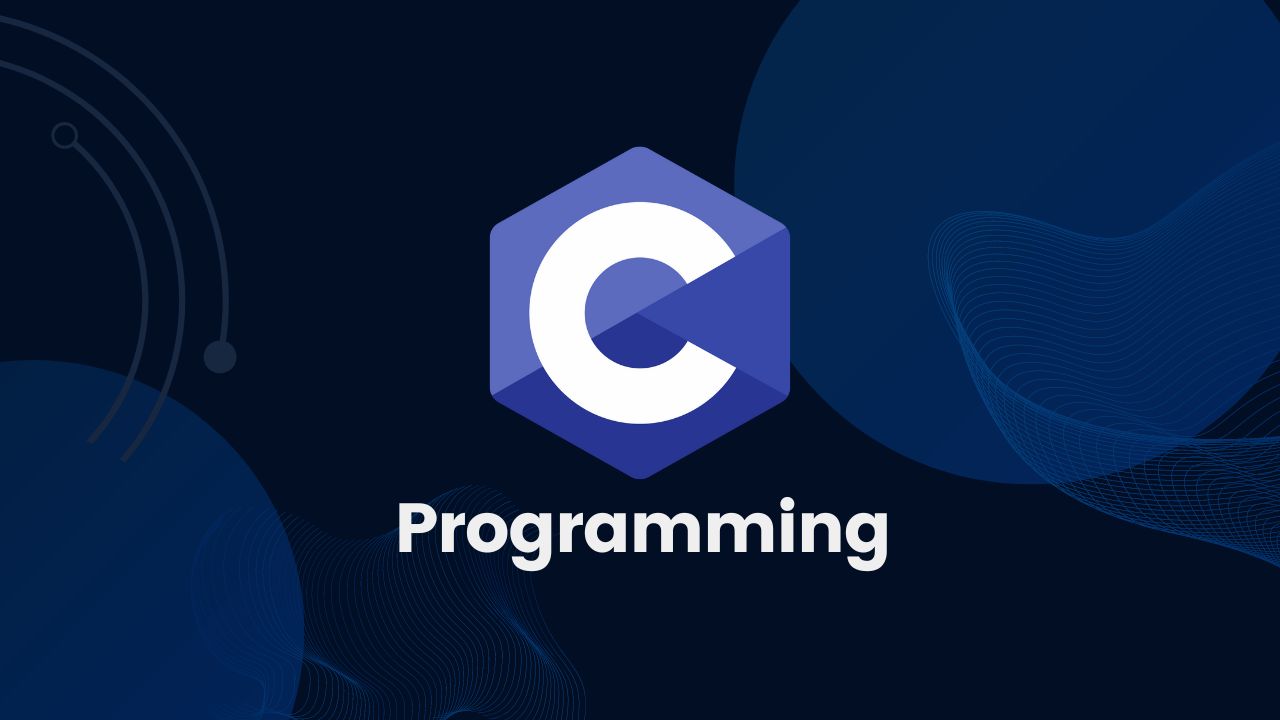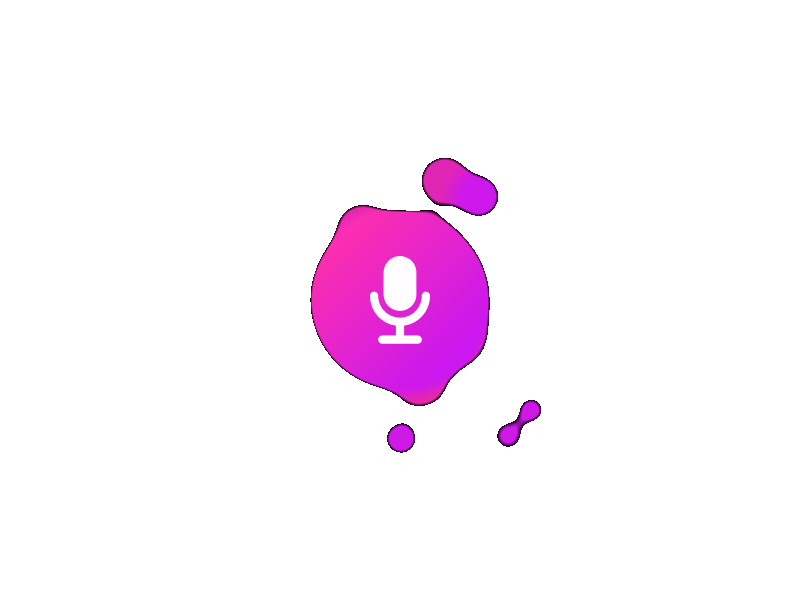
Data Types and Variables
Understanding basic data types and how to declare variables is fundamental in C programming. Here's a brief overview:
Each data type in C has a specific size and range, which determines the kind of data it can store and the operations that can be performed on it.
"In C programming, data types are the blueprints, and variables are the building blocks that bring your code to life."
Basic Data Types
- int: Used for integer values.
- float: Used for floating-point numbers (decimal values).
- char: Used for single character values.
- double: Used for double-precision floating-point numbers.
- short: Used for short integer values, typically smaller than
int. - long: Used for long integer values, typically larger than
int. - long long: Used for very large integer values, larger than
long. - unsigned: Used to specify non-negative integer values (e.g.,
unsigned int). - bool: Used for boolean values (
trueorfalse), available in C99 standard and later. - void: Represents the absence of type, often used with pointers and functions.
- long double: Used for extended-precision floating-point numbers, more precise than
double. - signed: Explicitly specifies signed integer types, though integers are signed by default.
Declaring Variables
To declare a variable in C, you specify the data type followed by the variable name. For example:
int age = 25;
float height = 5.9;
char initial = 'A';
double balance = 1000.75;
short year = 2023;
long population = 7800000000L;
long long largeNumber = 123456789012345L;
unsigned int count = 50;
bool isActive = true;
void *genericPointer = NULL;
long double preciseValue = 12345.6789012345;
signed int signedAge = -25;Explanation:
#include <stdio.h>– This is a preprocessor directive that includes the standard input-output library.int main()– This is the main function where the execution of the program begins.int num = 10;– This declares an integer variable namednumand initializes it with 10.float pi = 3.14;– This declares a floating-point variablepiwith the value 3.14.char letter = 'A';– This declares a character variableletterand initializes it with 'A'.return 0;– This indicates that the program has executed successfully.
Key Concepts in C
Understanding the following key concepts will help you become proficient in C programming:
- Data Types – C provides fundamental data types like
int,float,char, andvoid. - Variable Declaration – Variables store data and must be declared before use.
- Type Modifiers – Keywords like
short,long,signed, andunsignedmodify data types. - Constants – The
constkeyword defines fixed values that cannot be changed. - Scope and Lifetime – Variables can be local, global, or static, determining their accessibility and lifespan.
Applications of Data Types and Variables
Data types and variables are essential for various programming tasks:
- Mathematical Computations – Storing and manipulating numerical data efficiently.
- Data Storage – Used in arrays, structures, and files to store and retrieve information.
- System Programming – Efficient memory management and performance optimization.
The Future of C
C remains a vital programming language due to its performance and efficiency. Understanding data types and variables is fundamental to mastering C and programming in general.
By learning data types and variables in C, you build a strong foundation for software development, embedded systems, and algorithm optimization.

